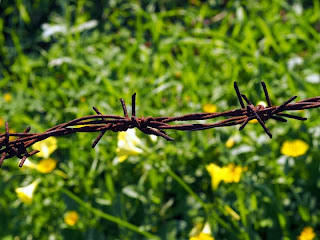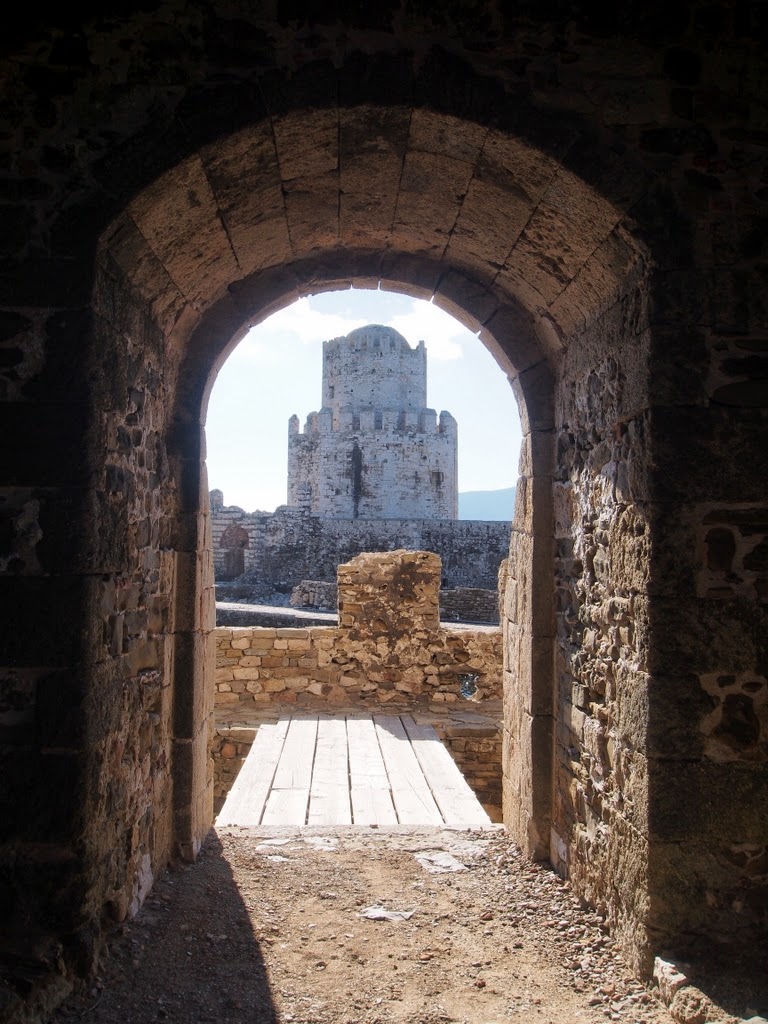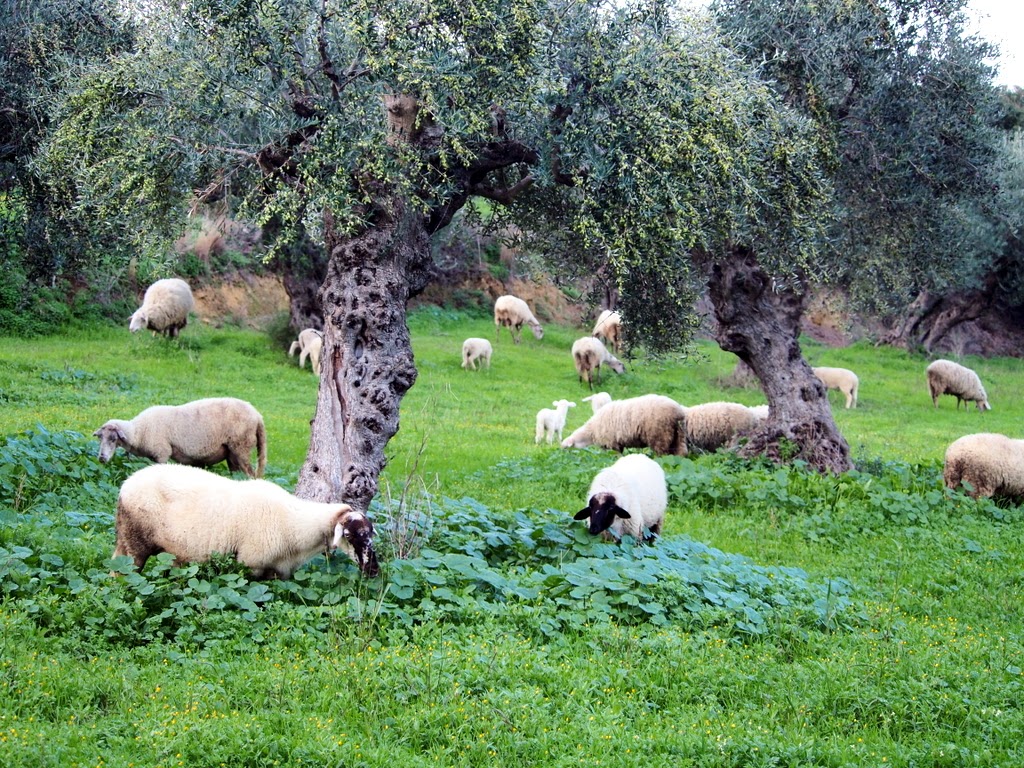A few things we’ve spotted recently have all come together
as a bit of an eyebrow raiser – it’s a land of contrasts.
The Good
We saw a pre-school with several plastic ride-on toys
accompanied by a line-up of red cycle helmets.
Helmets must be an EU regulation for licensed childcare premises. Seems a bit over-the-top, but then my son and
most of the people I know survived pre-school without brain damage.
Walk into a bar on a Friday night at home and almost
everyone will be drinking alcohol. Here,
people (even young people) will rarely drink alcohol before 9pm. Young people are more likely to be sipping on
a frappe. Here (as in Italy) it’s usually the tourists
who drink to excess.
 |
| Spot the two large glasses of water! |
In every café, bar or bakery where we’ve sat down to eat or
drink they have always served us a large glass of water too, free of charge.
The Bad
 | |
| Takeaway lunch |
Helmets are compulsory here, but the law doesn’t specify
that you need to wear them on your head. It’s normal to see people zipping, or
chugging, around on scooters and motorbikes without helmets. Sometimes they'll comply with the law (if not the intent of it) by wearing it slung on their arm. Children are often transported
helmet-less too. It looks like fun, but
don’t do this at home!
It’s illegal to smoke in enclosed public places in Greece, but you
wouldn’t know it. Restaurants, cafes and
bars are usually smoky, sometimes very smoky. However, the only person we’ve seen smoking on
a bus is the driver. Cough, cough!
In Greece
(as in Italy)
they do not have rubbish collection at the door – you need to take your rubbish
to large bins along the road, which are emptied on a regular basis, usually. These bins are usually ‘home’ to several
feral cats, so you need to take care to not startle them. I got a hell of a fright one day when a
grotty looking moggy shot out of a bin in front of me as I off-loaded a bag of
junk. The SPCA would be running in
circles here.
Imagine a paddock of olives trees partly enclosed by a
fence. Said fence consists of upright
posts standing about a metre tall and connecting said posts is a twisted line
of two lengths of rusted barbed wire.
Keep your children on a leash at all times!
Our hosts took us to their favourite local restaurant one
evening and the owner nabs him (an architect in his previous ‘life’) to discuss
the building work he’s planning to do the next day. He was planning to remove a load-bearing wall
upstairs and wanted to know if the planned supporting beam was strong enough. Lucky we turned up that evening. His planned beam was far too small. He went ahead the next day but went with the
concept that if double the size is required, quadruple must be better! Our host is now concerned that the old mud-brick
walls may not be able to handle the huge weight of the reinforced concrete beam. In future we’ll try to make sure our
downstairs table is not under that beam.
Looks like the EU doesn’t have a hand in building safety standards, yet!
Chainsaws are used to remove olive tree branches during the olive harvest - you can read more about it in our earlier post. Does anyone else hear alarm bells ringing when someone mentions climbing a tree, with or without a ladder, with no protective gear, and a running chainsaw?
Chainsaws are used to remove olive tree branches during the olive harvest - you can read more about it in our earlier post. Does anyone else hear alarm bells ringing when someone mentions climbing a tree, with or without a ladder, with no protective gear, and a running chainsaw?


















